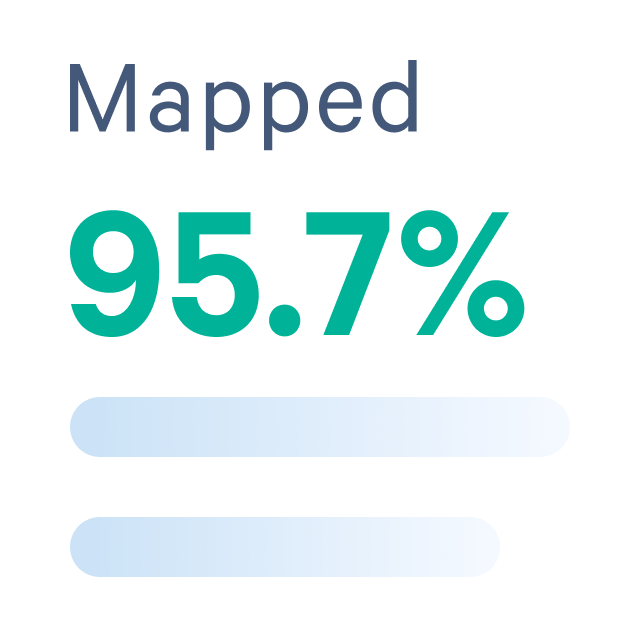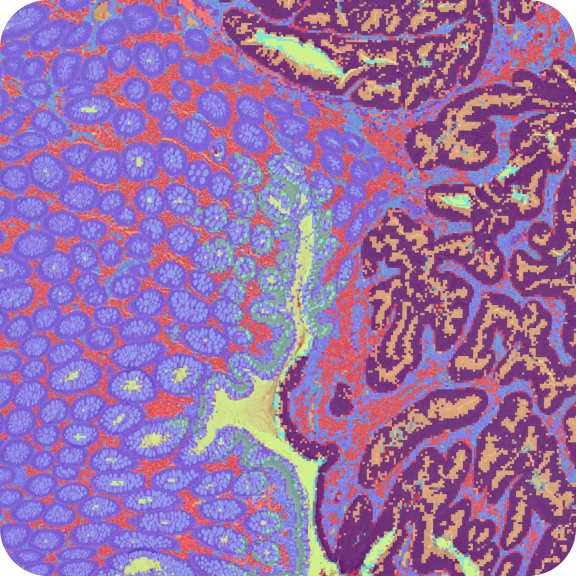Visium CytAssist Gene Expression Libraries of Post-Xenium Mouse Brain (FF)
Spatial Gene Expression dataset analyzed using Space Ranger 2.1.0


Learn about Visium analysis
Overview
This dataset is provided as part of the Technical Note: Post-Xenium In Situ Applications: Immunofluorescence, H&E, and Visium CytAssist Spatial Gene Expression (CG000709). Post-Xenium samples were compared to controls (samples not processed through the Xenium workflow) using 10 µm fresh-frozen (FF) serial sections.
Click the links on the left panel to toggle the files available for download at the bottom of the page.
Biomaterials
Mouse brain samples (FF, OCT-embedded) were obtained from Charles River Laboratories.
Tissue preparation
Prior to the Visium CytAssist Spatial Gene Expression workflow, 10 µm sections were either placed on Superfrost Plus Slides (Fisherbrand, PN 12-550-15) and used as controls (not processed with the Xenium workflow prior to CytAssist), or placed on Xenium slides for Xenium processing (post-Xenium).
FF mouse brain sections used for post-Xenium applications were generated using the Xenium Mouse Brain Gene Expression Panel. For more details on methods, see page 13 of the Technical Note.
Library preparation & sequencing
Consult the Technical Note for details.
- Probe set: Mouse Whole Transcriptome
- Slides: 11 mm, V52Y23-098 (Replicate 1), V52Y23-099 (Replicate 2)
- Areas: A1 (control), B1 (post-Xenium)
- Sequencing instrument: Illumina NovaSeq 6000
- Sequencing configuration: 28 bp read 1 (16 bp Visium spatial barcode, 12 bp UMI), 90 bp read 2 (probe insert), 10 bp i7 sample index and 10 bp i5 sample index
Analysis
The resulting FASTQ files and image data were analyzed with Space Ranger v2.1 to produce the output files.
How to view data
To get started, download Loupe Browser to explore the Loupe Browser file, or read more about the other Space Ranger outputs.
This dataset is licensed under the Creative Commons Attribution 4.0 International (CC BY 4.0) license. 10x citation guidelines available here.